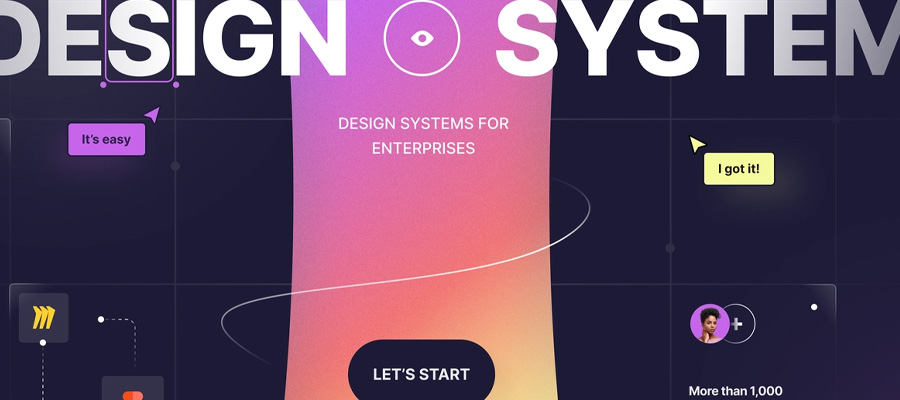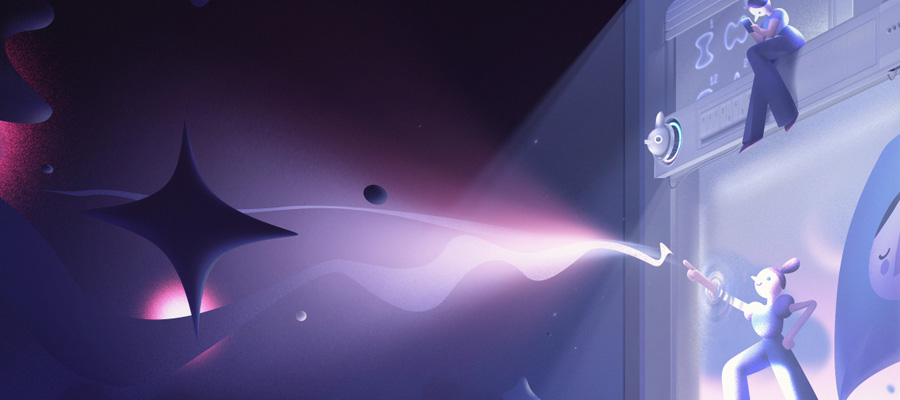Data scientists and technology analysts have been talking about artificial intelligence for a number of years. But it has only been until recently that it has moved out of labs and into mainstream production and commercial use. Namely, the automotive industry has been making the most of the technology. For example, we have seen the rise of on-board smart assistants and self-driving cars. But, what does this mean for the future of PPC and will jobs be at risk due to the rise of artificial intelligence? Before artificial intelligence takes over the process of search engine advertising, there are still thousands of businesses that outsource the task to agencies who offer pay-per-click management services because of its complexity but this might not be necessarily the case in the future. There is no doubt that at some point, this technology is going to have a huge role in running PPC campaigns. But, what do we know already and is there a risk that jobs will be lost? Carry on reading to find out more.
The Rise of Artificial Intelligence
Artificial intelligence is evolving very quickly and can be applied to almost any task that a human assign to it. The human brain currently remains as one of the fastest computing devices in existence. However, processing complex datasets can be very time-consuming in today's modern business practices. But artificial intelligence can cope with these complex datasets relatively quickly compared to human ability. However, in practice, what does this actually mean?

PPC Automation So Far
For a hardworking PPC specialist who handles multiple campaigns at once and uses excel spreadsheets to track success then a certain amount of artificial intelligence will be of help, not an obstacle. Basic artificial intelligence that is able to automate the data collection process can, therefore, be a massive help to a PPC specialist.
What Happens When It Runs Free?
We know that basic artificial intelligence can help those who work on PPC campaigns but is it about to cross the line and become a risk to eliminate people's jobs? Well, it isn't particularly clear at this point because current AI relies on a human’s system to collect data. So, if it was to handle PPC campaigns, then it would need to collect performance data and then use a secondary system to allocate and amend spending or suspend the ads without any human activity. Although this seems a little bit of a way off yet, if this was to eventually happen, an automated, hands-off PPC system could cost many people their jobs.
What Can PPC Specialists Do?
It's possible that artificial intelligence is going to lower the need for human input which will put jobs at risk. However, to stay in the game and remain employed, PPC specialists will need to study this technology to gain the skills required to remain at the forefront of their expertise. By doing so will mean that they will stay proactive and keep themselves relevant as technology continues to take over.
How Long Will It Take for Artificial Intelligence to Mature?
To gain a better understanding into how long it will be until artificial intelligence matures and is heavily used for PPC, it's good to look at the automotive industry because they have been using it for years. In-vehicle smart assistants can monitor a driver's behaviour and can plan GPS routes based on their preferences and driving style. Since being introduced by Jaguar in 2014, Google has been testing self-driving cars in the US. Now, not only can these cars transport passengers, but the on-board artificial intelligence learns how to do it safely as it goes. However, the mainstream use of these cars is still yet to take place, so it's taken Google over 6 years to reach this point. The good news is that it may take quite a few years for AI to mature to the point where PPC specialists start losing their jobs. However, our example of the automotive industry should act as a warning. Artificial intelligence for PPC is coming at some point and will transform the industry without a doubt.




















